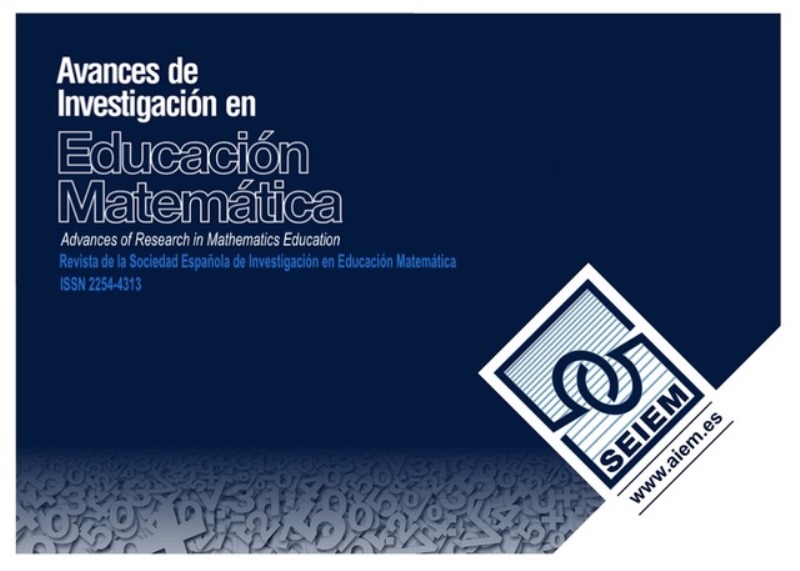An analysis of derivability theorems’ justifications in textbooks from the 70’s Spanish Education Law
DOI:
https://doi.org/10.35763/aiem.v1i8.117Keywords:
Education, Proof, Mathematics, Proof Scheme, LawAbstract
This paper presents a description of a framework developed to carry out the analysis of the justifications of theorems that appear in textbooks. This framework brings together the concepts of proof scheme, preformal proof, functions of proofs and other more general aspects of proof. The justifications of the Rolle’s Theorem and the mean value theorem in six textbooks were examined using this framework. Each of these six textbooks corresponds to one of the last three Spanish Education Laws: two to the 70’s Act, two to the 90’s Act and two to the Act of 2006. Results, framework’s applicability and usefulness, conclusions and open problems are presented in a discursive way
Downloads
Downloads
Published
How to Cite
Issue
Section
License
The articles published in this journal are under a license Creative Commons: By 4.0 España from number 21 (2022).
Authors who publish with this journal agree to the following terms:
- Authors retain copyright and keep the acknowledgement of authorship.
- The texts published in this journal are – unless indicated otherwise – covered by the Creative Commons Attribution 4.0 international licence. You may copy, distribute, transmit and adapt the work, provided you attribute it (authorship, journal name, publisher) in the manner specified by the author(s) or licensor(s). The full text of the licence can be consulted here: http://creativecommons.org/licenses/by-nc/4.0.
- Authors are able to enter into separate, additional contractual arrangements for the non-exclusive distribution of the journal's published version of the work (e.g., post it to an institutional repository or publish it in a book), with an acknowledgement of its initial publication in this journal.
- Authors are permitted and encouraged to post their work online (e.g., in institutional repositories or on their website) prior to and during the submission process, as it can lead to productive exchanges, as well as earlier and greater citation of published work (See The Effect of Open Access).









